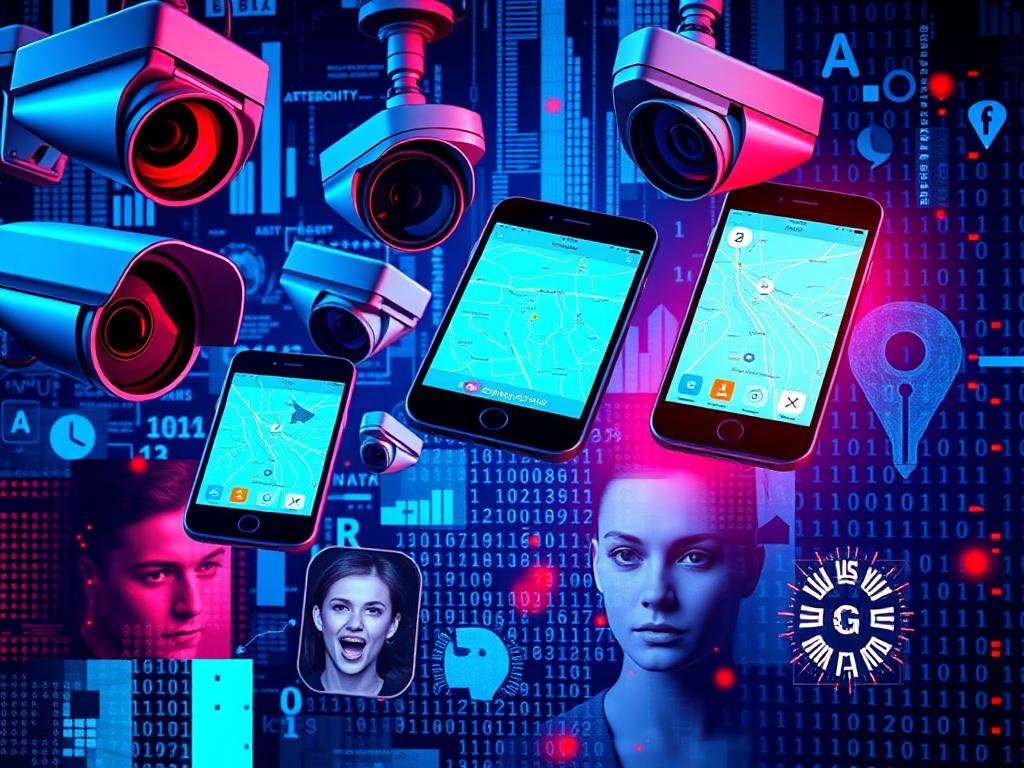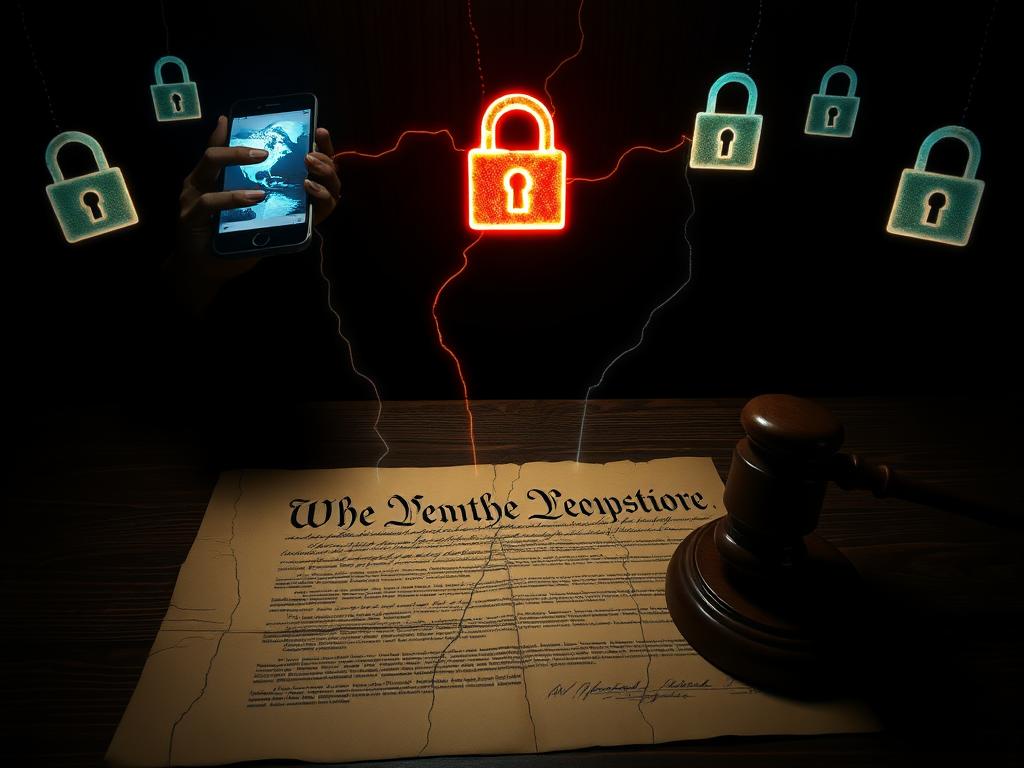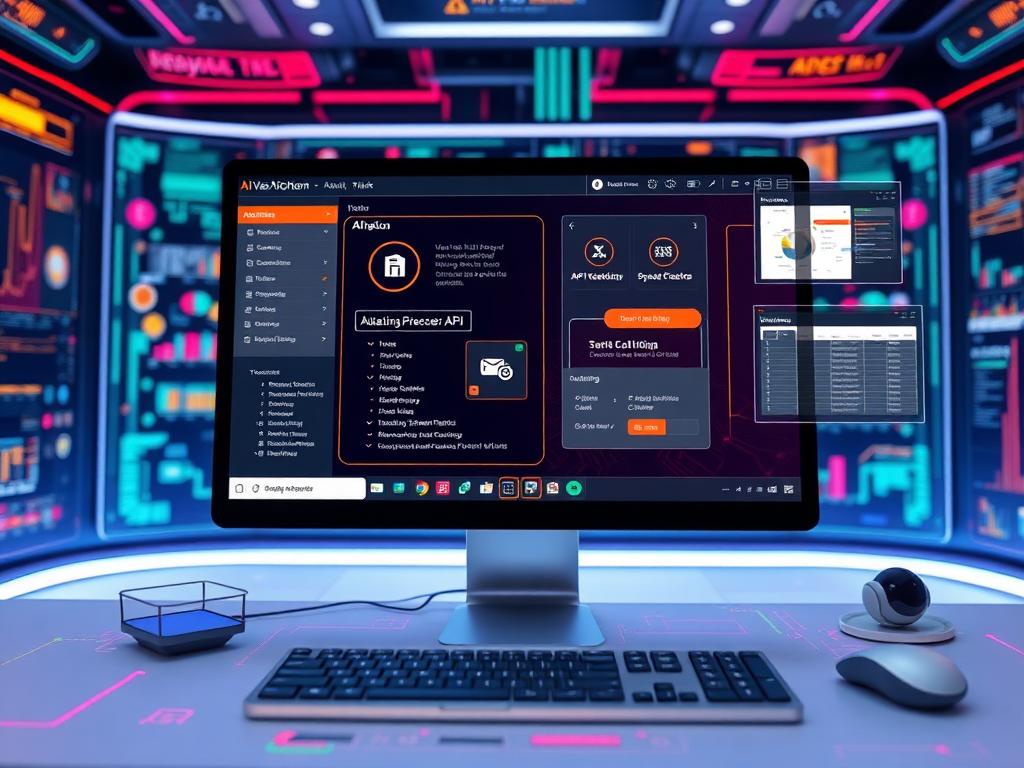
Rethinking Work and Identity
Explore how diversifying your identity beyond work can lead to a healthier, more fulfilling life. Learn practical steps to redefine your relationship with work.
In the US, asking "What do you do?" is often the first question we pose when meeting someone new. From an early age, we’re taught to conflate our identities with our jobs, as if who we are is defined by what we do. But what if this mindset is contributing to widespread burnout and dissatisfaction?
As a labor journalist and author of "The Good Enough Job," I’ve spent years exploring the relationship between work and identity. One of the most profound revelations came from my conversation with poet Anis Mojgani. When I asked him about the mantra, "Do what you love and never work a day in your life," he responded, "Some people do what they love for work, and others do what they have to so they can do what they love when they're not working. And neither is more noble."
This idea challenges the societal reverence for those whose jobs and identities align perfectly. It’s a reminder that it’s okay to have a day job—that our work is just one part of who we are. To build a healthier relationship with work, we must think beyond work-life balance and consider how we construct our identity.
Recent studies show that 48% of workers globally are burnt out. Yet, traditional solutions like vacations and self-care often fail to address the root cause. Instead, we need to diversify the sources of meaning in our lives. Rabbi Abraham Joshua Heschel described Shabbat as a "sanctuary in time," a concept that can inspire us to carve out spaces where work is not an option.
Here’s how to start diversifying your identity:
Create Time Sanctuaries
Set aside specific times in your day, week, or life where work is off-limits. This requires infrastructure—scheduling time to learn a new language, putting your phone in airplane mode while playing with your kids, or simply ensuring work doesn’t consume all your unoccupied space.
Engage in Meaningful Activities
Fill these time sanctuaries with activities that reinforce the other identities you wish to cultivate—whether it’s being a present father, a community gardener, or an amateur musician. Start small, like a weekly walk with a friend or ten minutes practicing the piano after dinner.
Join Communities Beyond Work
Connect with groups that don’t care about your job title. For example, playing pickup basketball reminds me that I’m more than just a writer; I’m a teammate who shows up on time. These communities reinforce identities beyond economic value.
Diversifying your identity isn’t just beneficial for personal well-being—it’s also good for business. Research shows that people with varied interests are more creative problem solvers and innovative thinkers. Hobbies recharge us, making us more productive when we return to work. And a diverse identity can provide resilience during stressful events like layoffs or recessions.
Beyond the practical benefits, there’s a moral case for investing in aspects of our lives beyond work. We must teach our kids that their self-worth isn’t tied to their job title and recognize that noble work doesn’t always translate to a line on a resume. By redefining our relationship with work, we can build a more well-rounded society.
So, the next time you’re at a party, consider asking, "What do you like to do?" This simple shift allows each of us to define ourselves on our own terms, reminding us that we are more than just what we do for work.


























































